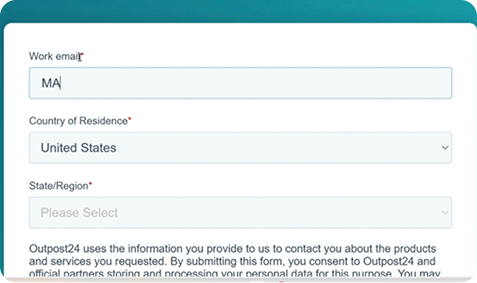02 Mar 2026
Understand the importance of CMDB accuracy in cybersecurity, and how security teams can ensure their CMDB can remain up-to-date.
18 Feb 2026
Threat actors are increasingly targeting the insurance industry. Understand the tactics these groups use with analysis from Outpost24.
12 Feb 2026
Learn how a more integrated cybersecurity environment can enable stronger defense with advice from Outpost24 experts.
11 Feb 2026
Today is Microsoft Patch Tuesday for February 2026. There are 59 vulnerabilities that have been addressed this time around. This...
05 Feb 2026
Read about the top zero-day exploits in 2025 and the lessons learned, with analysis from Outpost24’s threat intelligence team.





